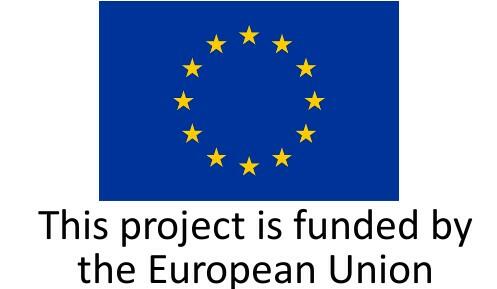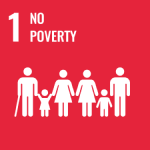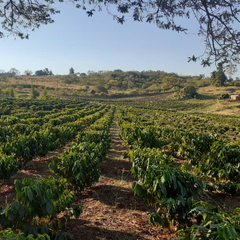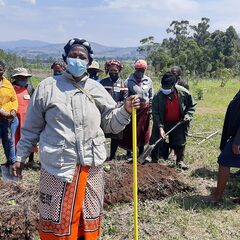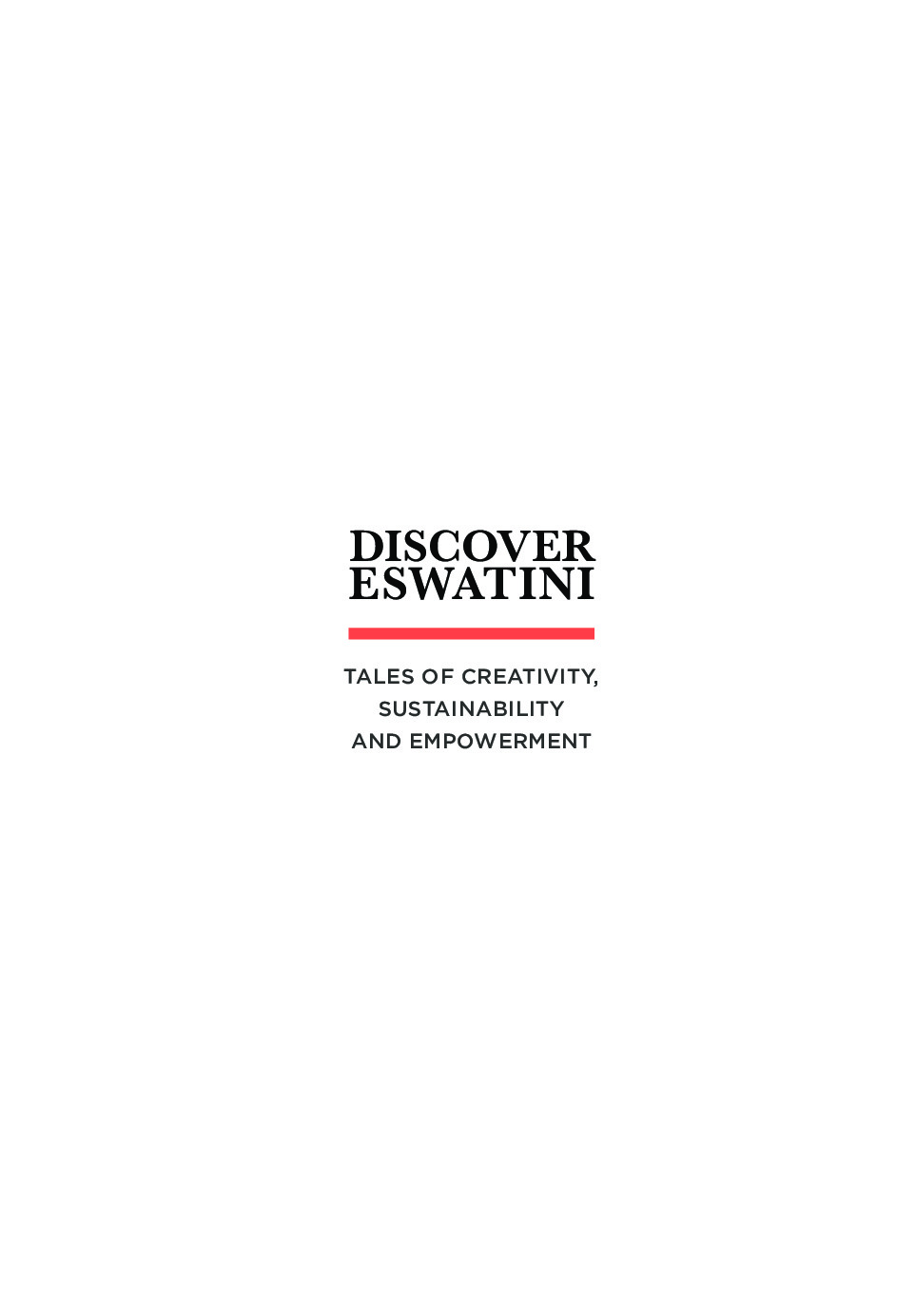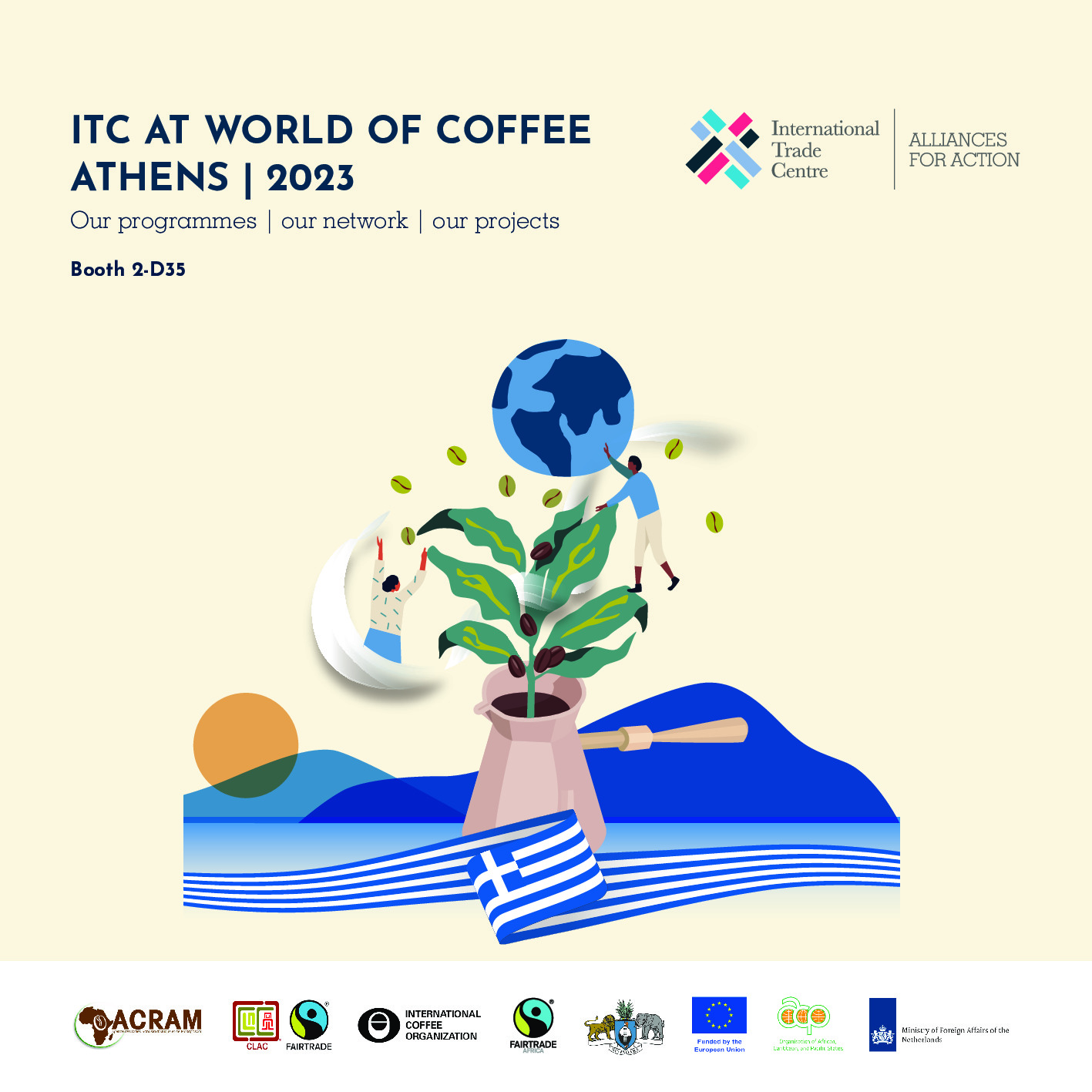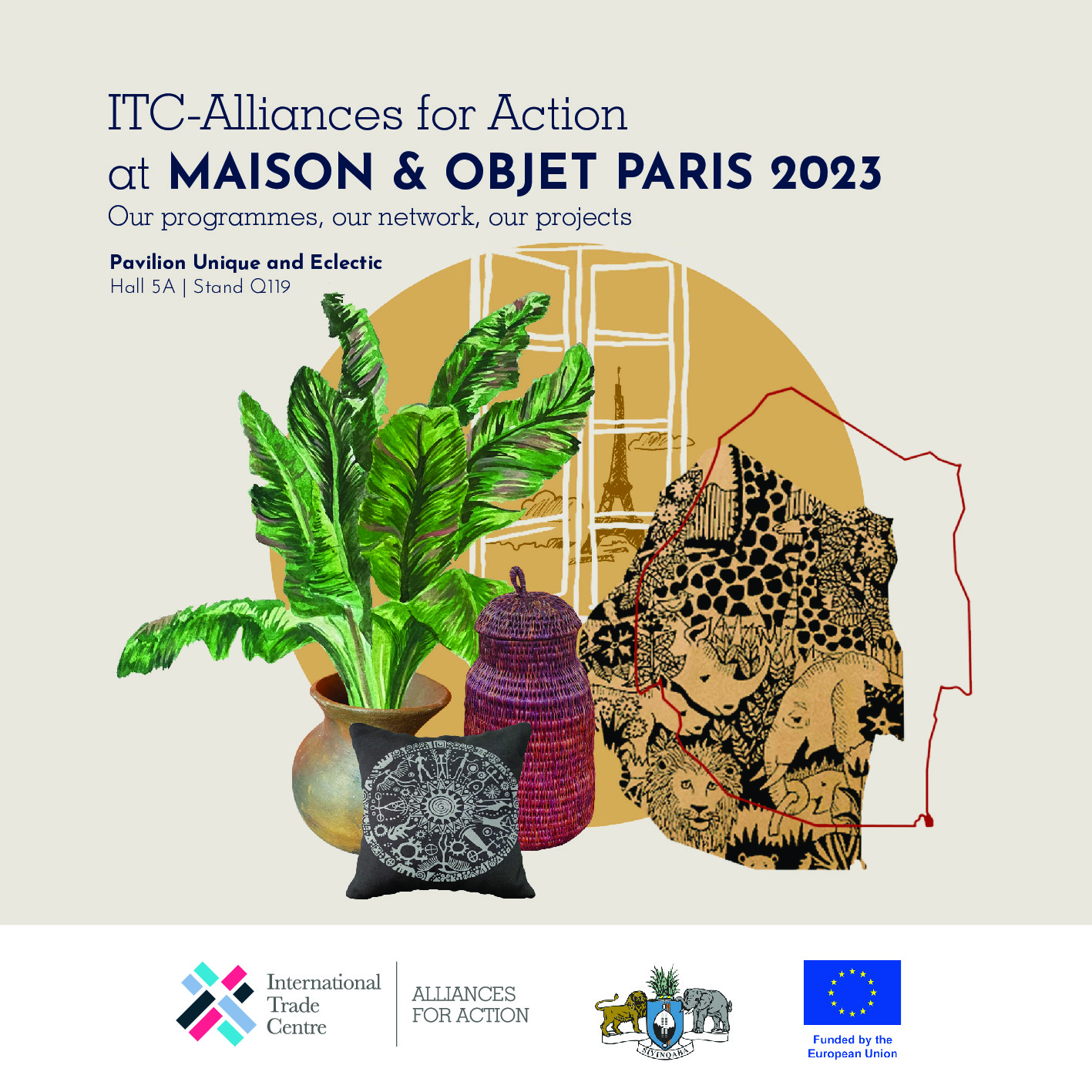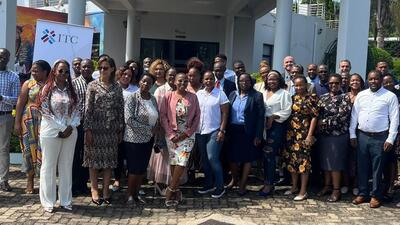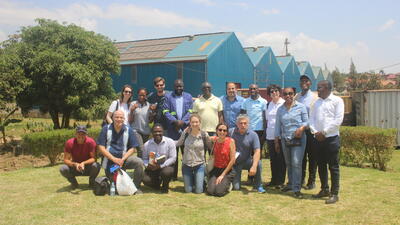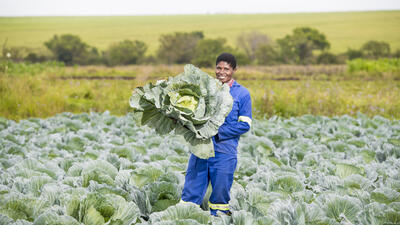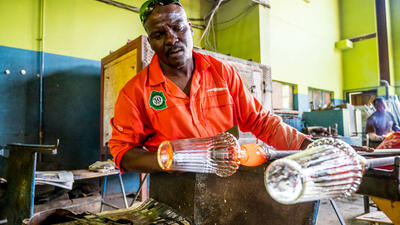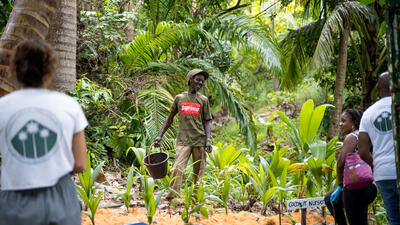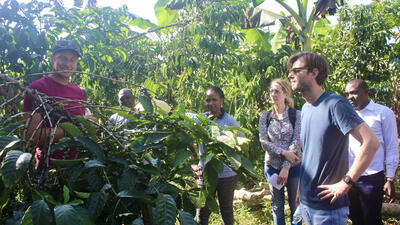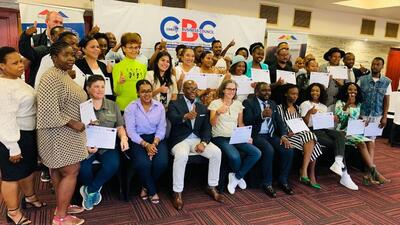


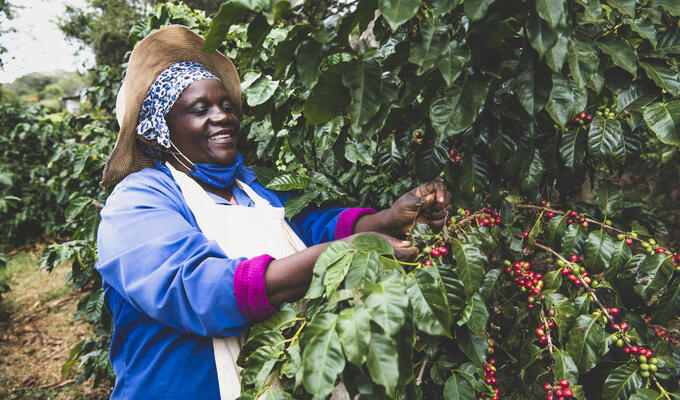
Eswatini: Promoting growth through competitive alliances II
Overview
Summary
The project will seek to generate a private sector-led export drive, with implementation relying on the “Alliance for Action“ (A4A) approach, that has successfully been applied already in other EU-funded programmes. This involves building up alliances that bind value chain actors in collectively upgrading Micro, Small and Medium Enterprises (MSMEs), value-chains and support services in an environmentally and socially responsible manner, including value addition, public private dialogue and strong anchoring in markets. Following a diagnosis phase, solutions are collectively developed to address the major hindrances of the MSME sector in an inclusive manner, so as to also benefit people living in vulnerable situations or under-represented groups such as youth, women entrepreneurs and people with disabilities.
Partners
Sustainable Development Goals
The ITC-Alliances for Action project 'Eswatini: Promoting growth through competitive alliances' supports job creation for small farmers, entrepreneurs and artisans. Eswatini offers the global market unique organic produce, artisan roasted coffee, handmade cultural creations and gourmet condiment lines.
The country has prioritized private sector-led growth and an export-led economy to counter its high levels of poverty and unemployment, and low levels of investment. But MSMEs are still faced with key structural problems that need to be addressed if Eswatini is to overcome its endemic employment challenges.
We understand these challenges, so we work with the government to improve the country’s business climate and attract investment.
We also work closely with smallholder farmers, agro-processors and artisans in Eswatini to support them in ways that are sustainable and benefit both people and the planet. In this way, we foster and preserve cultural heritage, and draw on artisan skills and concepts of green growth.





